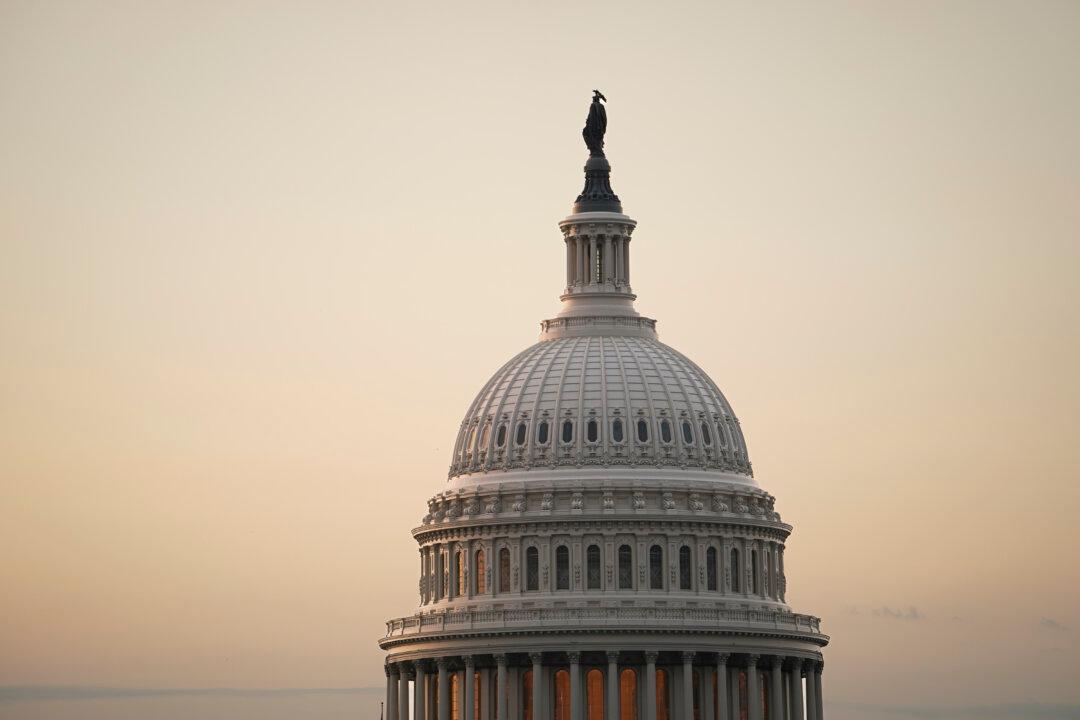WASHINGTON—With the Senate returning this week and the House resuming in one week, Congress is bracing for a spending fight as a government shutdown looms when federal funding for the 2022 to 2023 fiscal year expires at the end of September.
House Speaker Kevin McCarthy (R-Calif.) has acknowledged the possibility of doing a short-term continuing resolution (CR), which would continue to fund the government at current levels, possibly with changes, to keep the government running.





